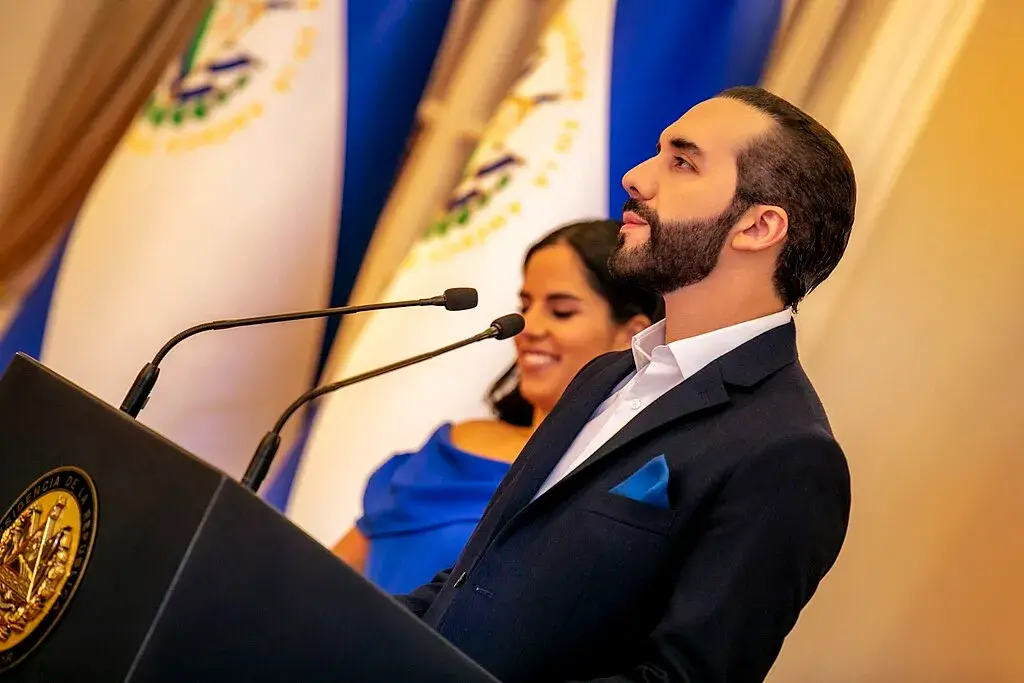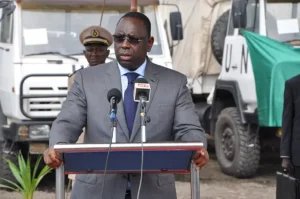President Nayib Bukele emerged victorious in El Salvador, as voters embraced his leadership, overlooking democratic concerns to commend his transformative measures against gang violence and the country’s newfound security.

President Nayib Bukele secured a significant victory in El Salvador’s elections on Sunday, as voters set aside concerns about potential democratic erosion to applaud his robust approach in addressing gang-related issues and transforming the country’s security landscape.
Supporters of Bukele, dressed in cyan blue and waving flags, gathered in San Salvador’s central square to celebrate his re-election, which the 42-year-old leader characterized as a “referendum” on his government.
Bukele declared victory ahead of official results, asserting that he had garnered over 85% of the vote. Preliminary results indicated 83% support with 31% of the ballots counted. The New Ideas party, led by Bukele, is poised to secure the majority of the 60 seats in the legislative body, further consolidating its control over El Salvador.
Addressing his supporters from the balcony of the National Palace, Bukele remarked on the opposition’s substantial defeat and highlighted the transformation of El Salvador’s security situation under his leadership. He emphasized the shift from being one of the world’s most dangerous countries to the safest, pledging further initiatives in the upcoming five years.
Bukele’s popularity stems from his successful security strategy, which involved the suspension of civil liberties to apprehend over 75,000 Salvadorans without charges. This approach led to a significant reduction in nationwide murder rates, fundamentally altering the country’s dynamics. However, some analysts express concerns about the sustainability of mass incarcerations in the long term.
The electoral triumph positions Bukele to wield unprecedented power, potentially enabling him to overhaul the country’s constitution, raising fears among opponents about the removal of term limits. Bukele has expressed the need for continued support to sustain the anti-gang efforts and reshape El Salvador further.
While the outcome of the elections was largely expected, with polls reflecting voters’ desire to reward Bukele for addressing crime issues, concerns have been raised about the potential impact on democracy. The elections saw low support for traditional parties, with candidates from FMLN and ARENA receiving single-digit backing.
Bukele’s second term is anticipated to bring economic challenges, with El Salvador having the slowest growth in Central America during his tenure. Over a quarter of the population lives in poverty, and concerns persist about the progress of Bukele’s Bitcoin City initiative. The IMF, currently negotiating a $1.3 billion bailout with El Salvador, has described the country’s fiscal situation as “fragile” in late 2023.







